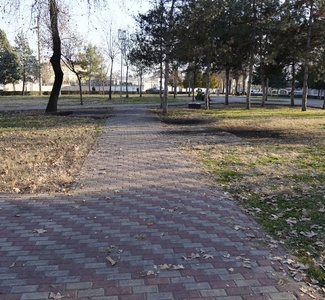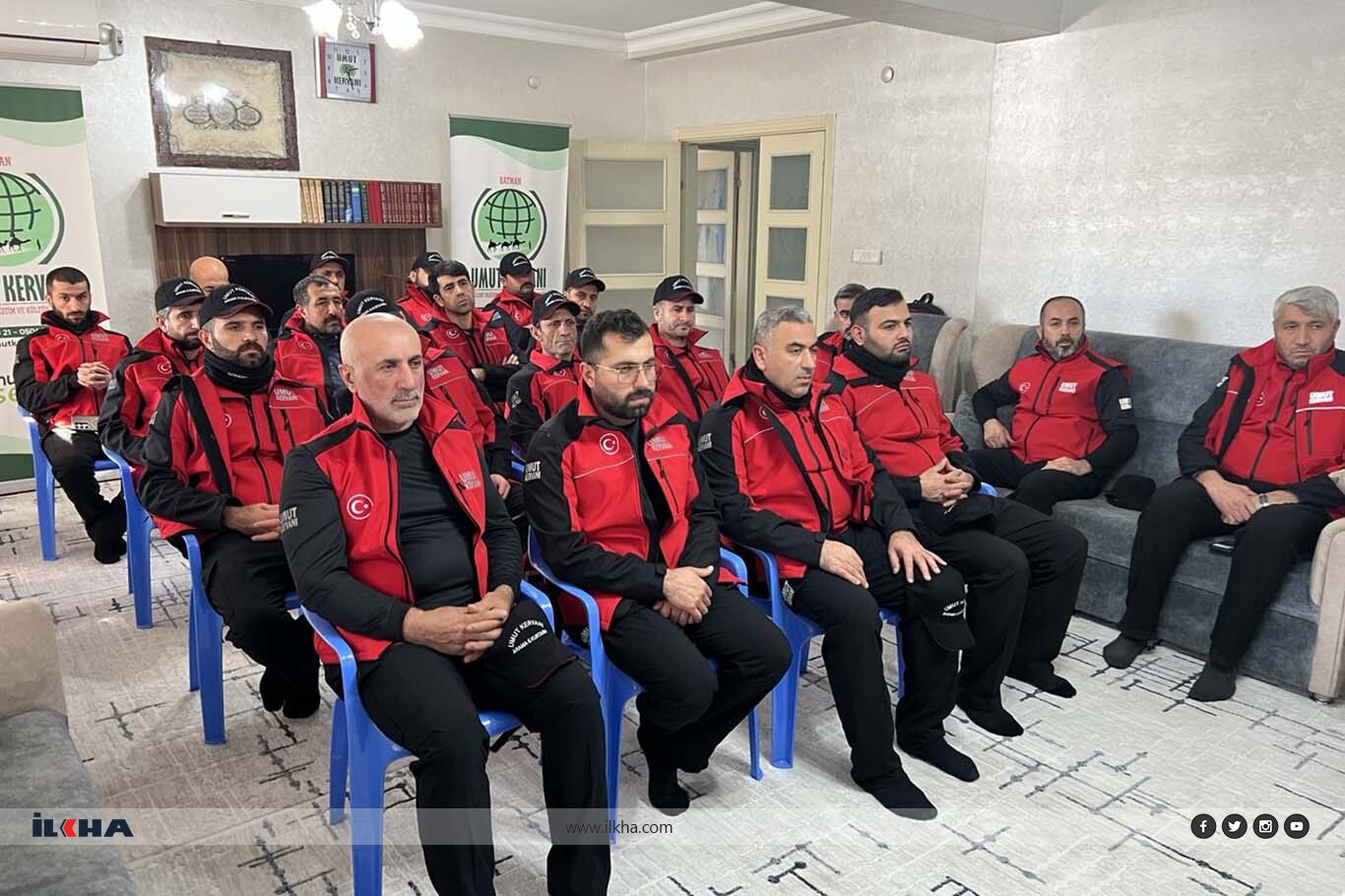3-year-old child in eastern Türkiye found with 23 live worms in ear
In a startling medical incident, a 3-year-old child from a rural area was brought to Bitlis Tatvan State Hospital's Ear Nose and Throat Polyclinic with a complaint of ear bleeding and the presence of live worms in the ear canal.
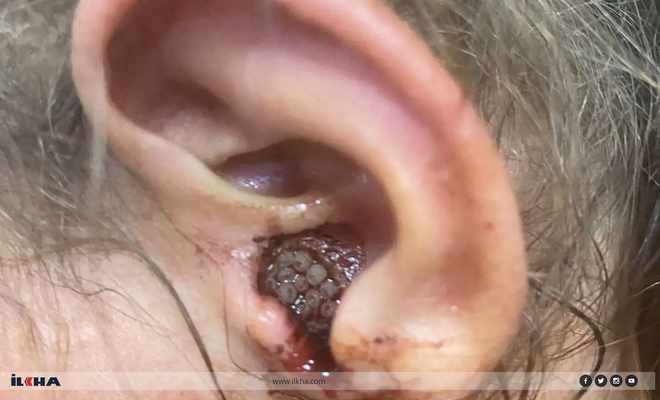
 Google News'te Doğruhaber'e abone olun.
Google News'te Doğruhaber'e abone olun. The child was brought to the hospital's Ear Nose and Throat Polyclinic with complaints of ear bleeding and the sensation of live worms in the ear.
The child was promptly examined by an otolaryngologist, Dr. Gamze Öztürk Yılmaz, who confirmed the presence of live worms in the child's ear canal.
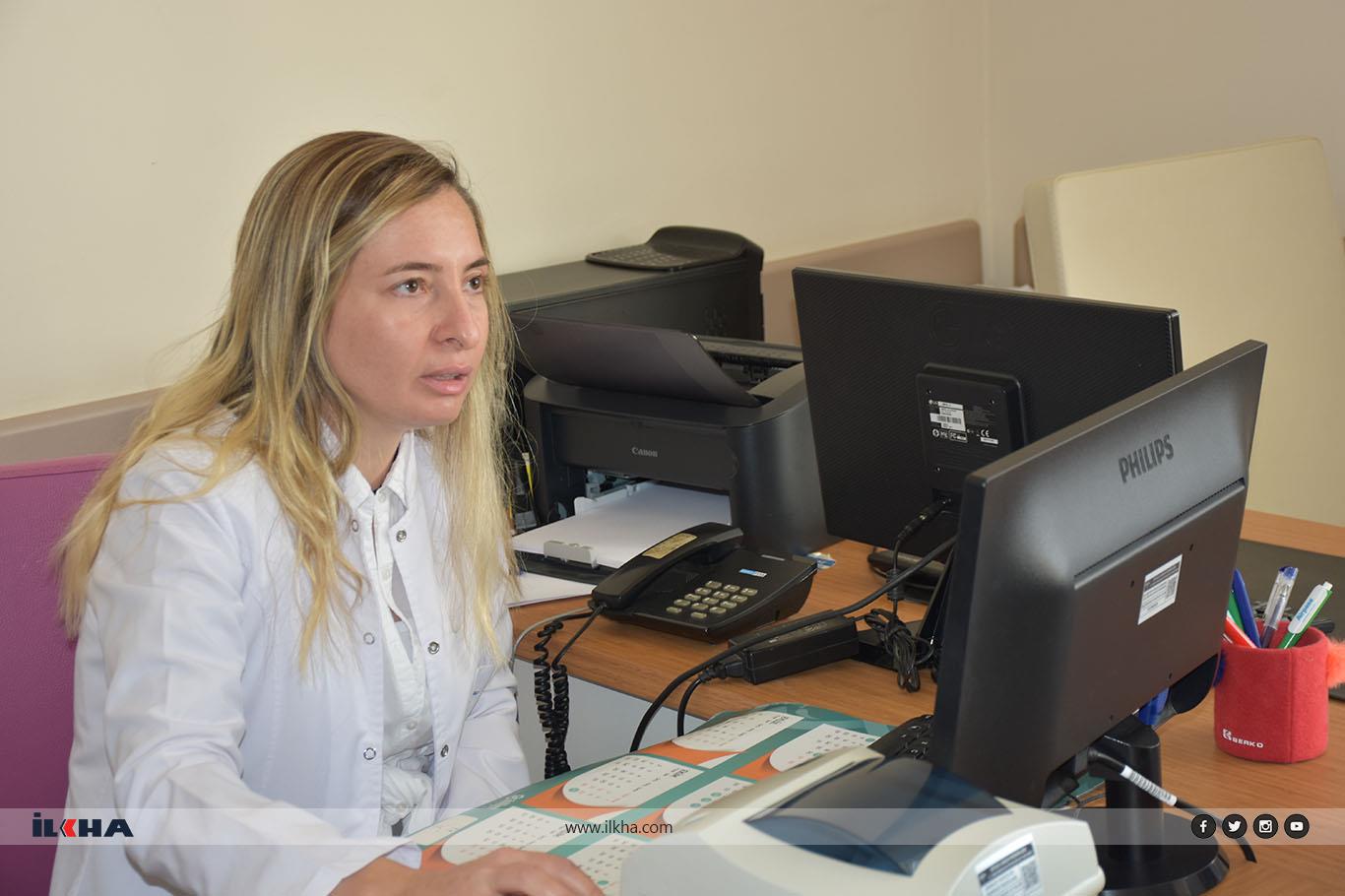
Dr. Öztürk Yılmaz conducted a surgical removal of all 23 live worms from the child's ear in an outpatient clinic setting.
It was noted that the child was brought to the hospital relatively late, possibly due to the rural location of their residence.
Following the procedure, the child's health is stable, and he is undergoing controlled treatment and monitoring. Antibiotic treatment was initiated.
Dr. Öztürk Yılmaz explained that the condition, known as myiasis, results from fly larvae reproducing within human living tissue. It is often observed in mentally disabled individuals or children and can be associated with certain risk factors.
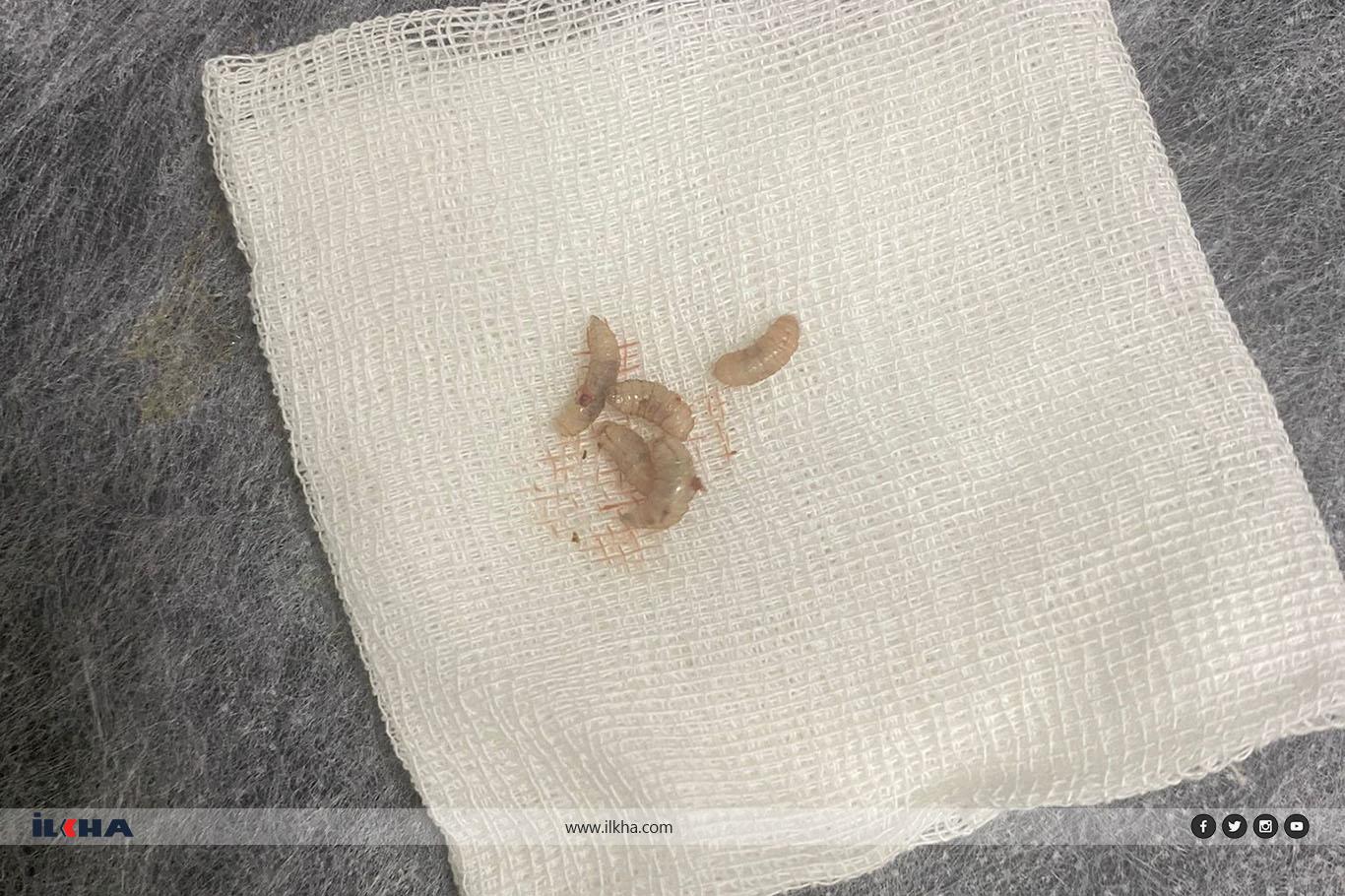
Risk factors for myiasis include uncontrolled diabetes, immunosuppressive conditions like cancer, living in rural areas, and involvement in animal husbandry.
Individuals experiencing symptoms such as the sensation of a live object in the ear, foul odor, and bloody discharge, especially those with risk factors, are urged to seek immediate medical attention.
Dr. Öztürk Yılmaz emphasized the importance of personal hygiene and cleanliness in preventing and combatting this disease.
This case serves as a reminder of the importance of timely medical intervention and the need for public awareness, especially in rural areas, regarding potential health risks.
It's important for individuals to be aware of the signs and symptoms of myiasis and seek medical help promptly if they suspect they may be affected, especially if they have risk factors associated with the condition. (ILKHA)









































